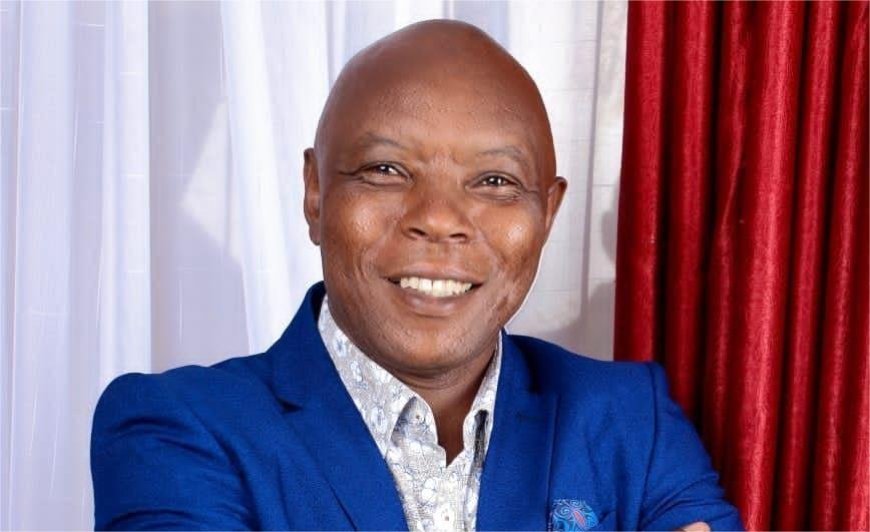DPP withdraws case against Maina Njenga

By Peter Ochieng
Former Mungiki leader Maina Njenga can breathe a sigh of relief.
This is after the withdrawal of all charges against him. Njenga and 10 co-accused were facing seven charges, including being members of an outlawed criminal group, Mungiki, and engaging in organised crime activities in Bahati, Nakuru County.
They reportedly committed the crimes between May 11 and May 18, 2023. His lawyer, Ndegwa Njiru confirmed the withdrawal of the charges, by the office of the Director of Public Prosecutions (ODDP), headed by Renson Ingonga.
“The prosecution has decided to withdraw the case,” Ndegwa told the media in Nakuru.
“They are saying they have no evidence, and we proved from day one that they had no evidence,” he added.
Njenga's lawyers all along insisted that the case was politically motivated.
According to a news report published by the Conversation in February 2024, Mungiki emerged in the late 1980s in what was then Kenya’s Rift Valley Province.
The province was the site of simmering conflicts over land ownership and rights between the indigenous majority (mainly the Kalenjin) and more recently arrived settlers (mostly Kikuyu).
The early 1990s witnessed the first bout of politically instigated inter-ethnic conflict intended to diminish Kikuyu influence in local politics.
Mungiki emerged as a Kikuyu youth movement, defending the dispossessed: women, migrants and landless youth.
At this time the grouping also opposed the alleged autocratic and corrupt government of Kenya’s second President, Daniel Arap Moi.
After the 2007 presidential elections, Kenya’s third president, Mwai Kibaki’s victorious Kikuyu-dominated Party of National Unity allegedly mobilised Kikuyu youth militia in retaliation against the gangs deployed by the opposition party, Orange Democratic Movement.
By the turn of the millennium, Mungiki had become a mostly urban phenomenon. Poverty, youth unemployment and political disillusionment created fertile ground for the group.
Youth-based groups filled the void. In Nairobi’s shantytowns, Mungiki activists and militia competed with other militias like Kamjesh, and the Taliban in Mathare Valley.
Like Mungiki they were involved in the war over public transport, provision of basic services like electricity and demanding protection money from businesses. But they also had a role in welfare, job creation and security.
It was during that time that Njenga emerged and was recognized as the group’s leader. Njenga however maintains that he is no longer involved with the group, ‘having seen the light.’
What's Your Reaction?



































































































































































































































































































